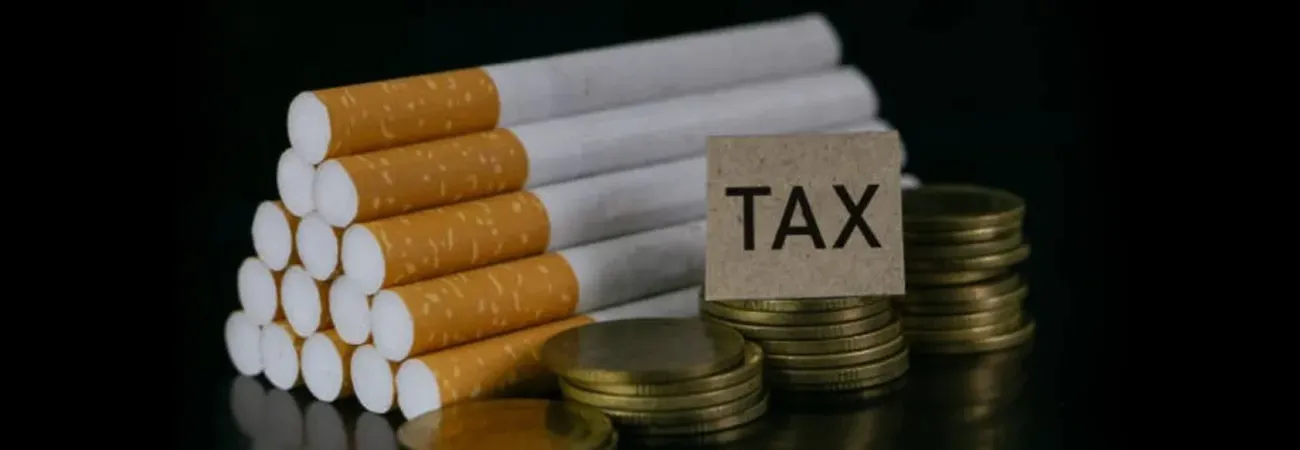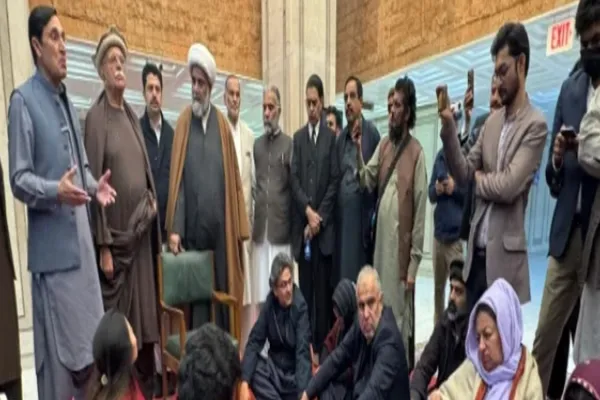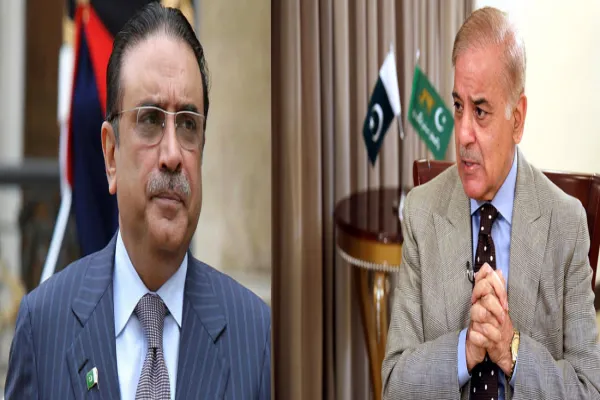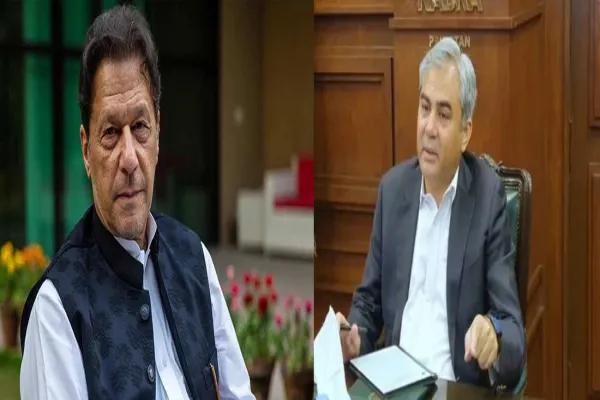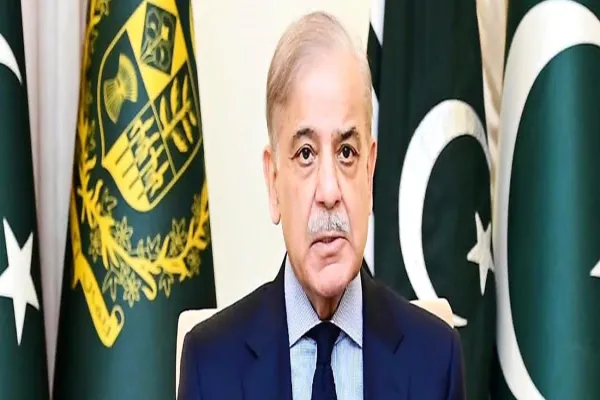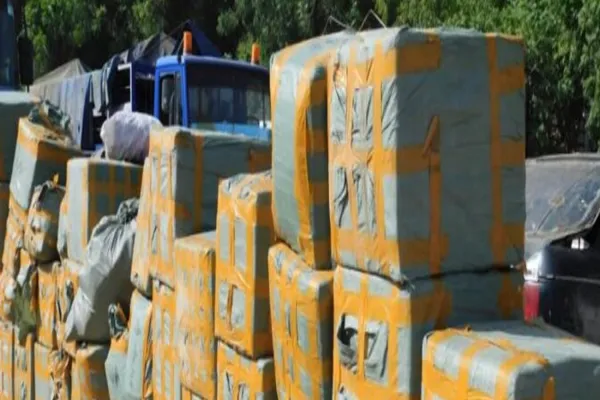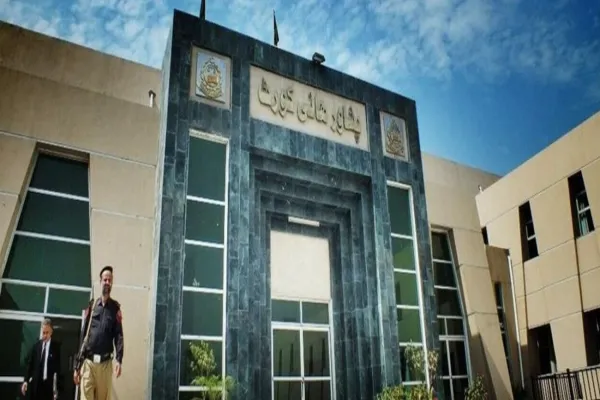i NEWS PAKISTAN
For an effective control of tobacco usage in Pakistan, a small part of tax revenue from tobacco industry can play a vital role. It will also reduce the reliance on the international funding for tobacco control programs in the country, said Syed Ali Asif Naqvi. He said, “Around 24 million people in Pakistan are consuming tobacco in different forms, causing over 160,000 deaths annually. Including healthcare cost, tobacco usage is instigating productivity, loses measured about PKR700 billion. The said amount is more than twice the total tobacco tax revenue”. Talking to INP, he said that Pakistan rely on international funding to control the tobacco usage. In the long run, it is not suitable. Political or economic shifts in donor countries could reduce funding streams, leaving Pakistan’s tobacco control efforts underfunded and unsustainable. Ali Asif Naqvi who is the Head of Policy Advocacy and Outreach working at Sustainable Development Policy Institute (SDPI), Islamabad said, “Annually, PKR 300 billion are collected concerning the tobacco taxes. A mere 0.05% of the said amount (around PKR 150 million) can be dedicated for tobacco control.
It is necessary to cut reliance at the international funding for the continuity of tobacco usage control efforts. In this way, not only the tobacco control sequence in Pakistan will be streamlined but it can make the country an example regarding sustainable health financing”. He said that a domestic funding model, on the other hand, would increase national ownership, bolster public trust, and ensure the continuity of programs regardless of international political dynamics. Often, international donor agencies and non-governmental organizations have to face the bureaucratic hurdles, legal challenges, and political and tobacco industry resistance in carrying out their programs. It complicates the implementation of tobacco control initiatives. He said, “To cope with the said issue, the model of such countries can be followed where domestic funding mechanisms were established to support tobacco control – Thailand Government has introduced ‘Thai Health Promotion Foundation’. It is funded by a dedicated surcharge on tobacco and alcohol taxes. The said foundation is playing a key role in controlling tobacco usage and is also funding various public health programs”.
Quoting the example of Australian Government, Ali Asif Naqvi said, “they spare a portion of tax-revenue for public health especially tobacco usage control. Brazil is also an example to dedicate a part of the tax revenue to fund the National cancer institute and tobacco control programs. It resulted in a great decline in smoking rate over the last two decades”. He said that Pakistan must replicate the said global examples for its tobacco control program. Funds generated in Pakistan through tobacco taxes can support other tobacco control activities – public awareness, cessation Services, strengthening the enforcement of existing tobacco control laws including a ban on tobacco advertising, sales to minors, smoke-free public spaces, to broader health sector, and monitoring the tobacco industry’s tactics to undermine regulations. Critics may argue that dedicating funds to tobacco control from tax revenues may reduce the flexibility of government spending. However, the long-term economic benefits of reducing tobacco consumption far outweigh the initial costs.
Credit: Independent News Pakistan



